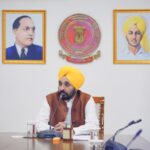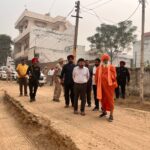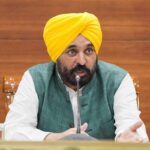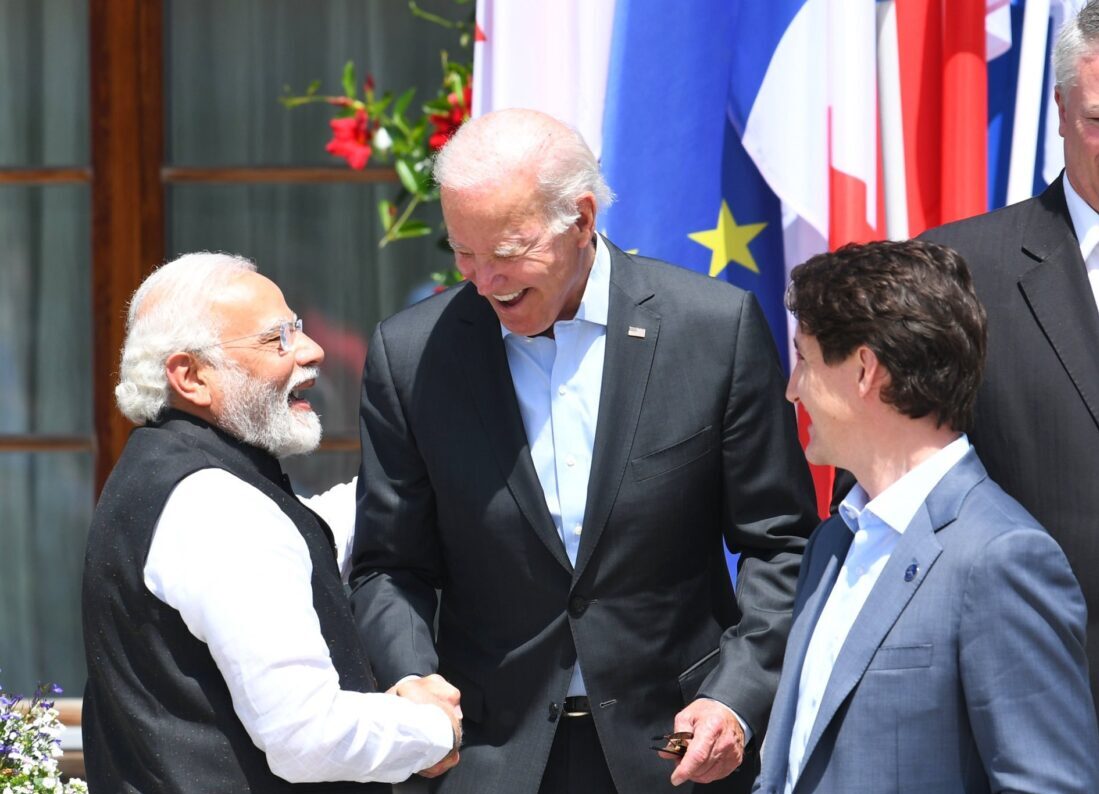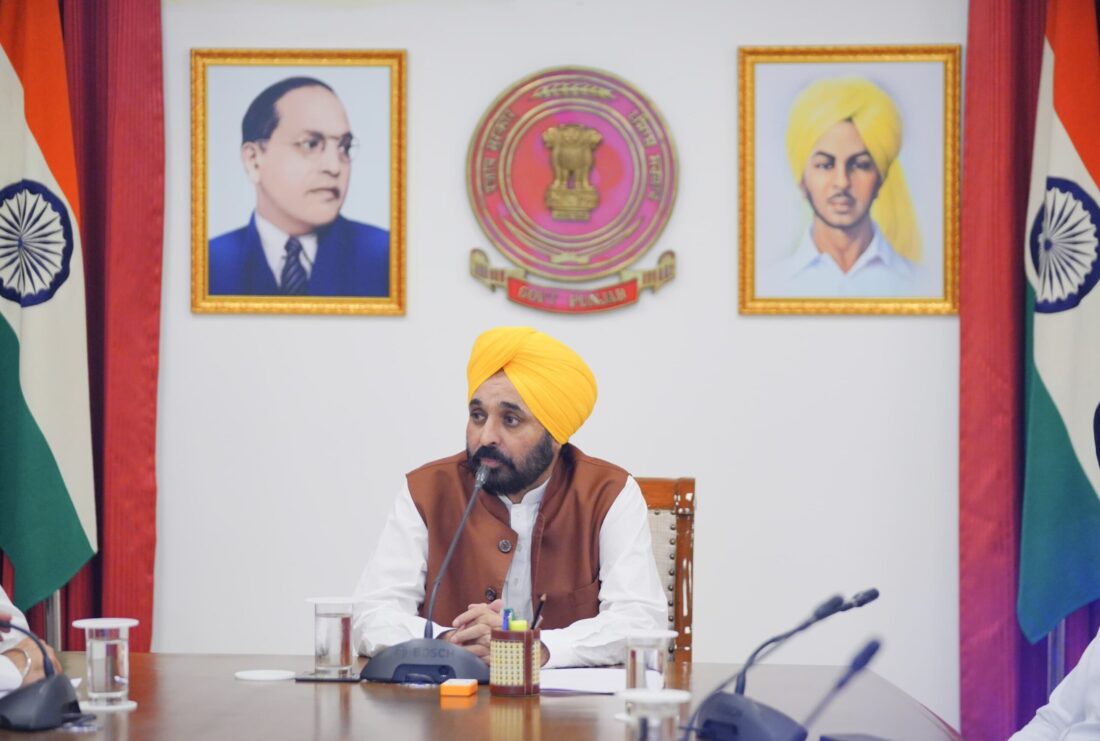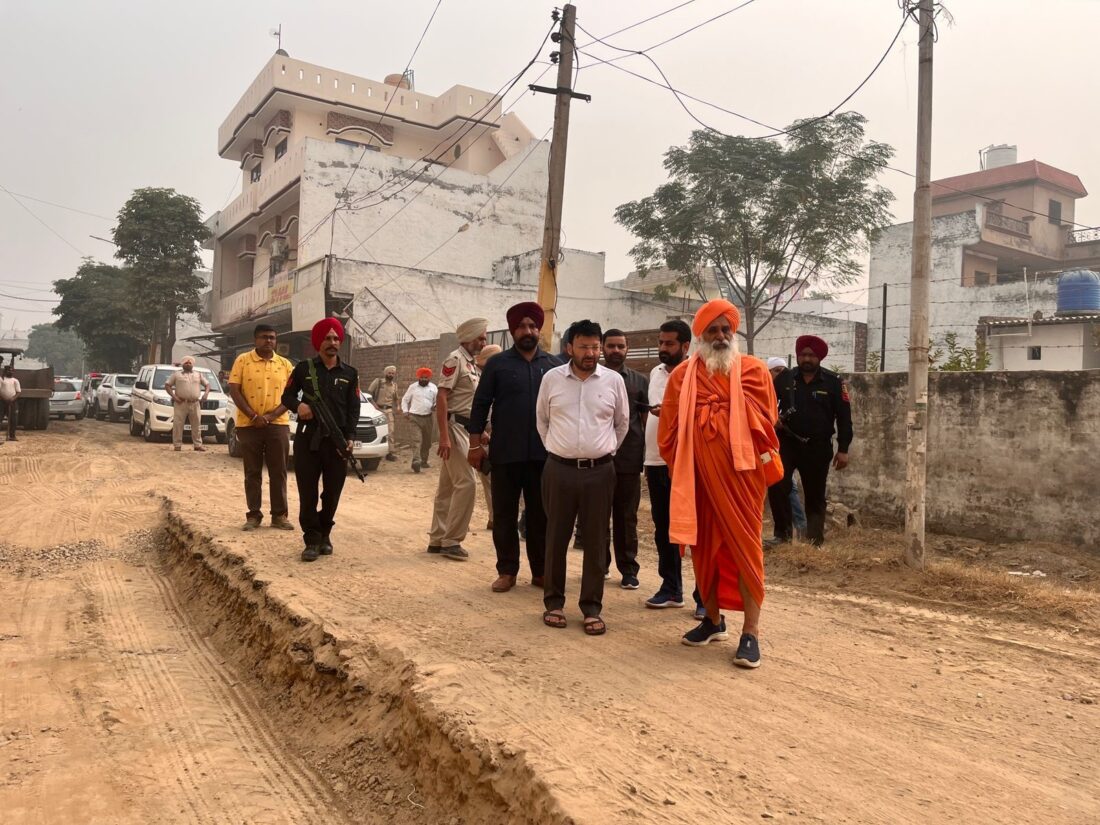News Analysis
North News
Chandigarh, October 19
The case of former RAW officer Vikas Yadav raises questions about the double standards exhibited by the US and Canada in their dealings with India. The Indian government must take this matter seriously and ensure the protection of officers who are working diligently to combat terrorism, just as the US acted decisively against Osama bin Laden. Issues that could be addressed diplomatically by Canada and the US have instead become public through press conferences.
It is both surprising and concerning that the US and Canada appear to apply different standards when addressing terrorism and human rights. When the US identifies someone as a threat, they swiftly declare them a terrorist and often take decisive action, even on foreign soil, without prior notification. A prime example is the 2011 operation in Abbottabad, Pakistan, where U.S. special forces killed Al-Qaeda leader Osama bin Laden, the mastermind behind the September 11, 2001, attacks that claimed nearly 3,000 lives and left over 6,000 injured. The global community largely justified this action as necessary to eliminate one of the world’s most dangerous terrorists. However, the US seems less concerned about India’s pleas to address terrorists who have found refuge in the US and Canada.
A case in point is Vikas Yadav, a former official of India’s Research and Analysis Wing (RAW), who has been charged by US authorities for an alleged attempt to assassinate Gurpatwant Singh Pannun on American soil. Pannun, labeled a terrorist and one of India’s most wanted, has been actively involved in inciting violence against Indian leaders and property, even offering bounties for terrorist acts in India through public videos. Yet, the US has not taken action against him, citing freedom of expression. Some officials speculate that Pannun may be working with US and Canadian intelligence agencies to serve their interests against India, raising further concerns about these nations’ selective responses to terrorism.
Khalistani terrorist Hardeep Singh Nijjar was killed in Canada last year, prompting Canadian Prime Minister Justin Trudeau to accuse India of not cooperating with the investigation into Nijjar’s death. Trudeau has made serious allegations regarding India’s involvement, based on intelligence inputs but without providing hard evidence. Critics point out that Trudeau, often perceived as pro-Khalistani, has provided refuge to numerous gangsters and terrorists who have acted against India. Despite India’s repeated requests for action against these individuals residing in Canada, Trudeau has yet to take significant steps.
Trudeau’s allegations against India also coincide with a report from Canada’s Foreign Interference Commission, which identified China as a primary perpetrator of interference in recent elections. The preliminary report, released in May 2024, listed China, Russia, Iran, India, and Pakistan among countries suspected of attempting to influence the outcomes of the 2019 and 2021 polls. Notably, it highlighted China as the main actor in these efforts, even as both elections were won by Trudeau’s Liberal Party.
While the preliminary report concluded that foreign interference did not affect the election outcomes, a final report is expected by the end of the year. Indian officials have suggested that Trudeau’s focus on India may be an attempt to divert attention from China’s interference, as he seeks to address growing concerns about foreign influence in Canadian politics.
Amid escalating diplomatic tensions between India and Canada, India has also added Sandeep Singh Sidhu, an official with the Canadian Border Services Agency (CBSA), to its list of wanted terrorists. Indian authorities are urging action against multiple Canadian nationals, including Sidhu, who is alleged to have ties with a Khalistani group and involvement in promoting terrorist activities in Punjab.
Sidhu, also known as Sunny, is reportedly a key figure connected to Pakistan-based Lakhbir Singh Rode and other operatives linked to the Inter-Services Intelligence (ISI). He faces accusations of orchestrating the targeted killing of Comrade Balwinder Singh Sandhu in Punjab in October 2020, in collaboration with gangster Sukhmeetpal Singh, also referred to as Sukh Bhikhariwal.
Recently promoted to the rank of Superintendent within the CBSA, Sidhu is said to be involved with pro-Khalistan terrorists, including U.S.-based Gurjot Kaur, who claims to be the widow of deceased KLF Chief Harmeet Singh, and with officers from the Pakistani ISI. Indian officials have raised alarms over Sidhu’s ongoing connections to extremist groups and are pressing for Canadian authorities to take action against him.
Amid the ongoing diplomatic standoff between India and Canada regarding the alleged targeting of pro-Khalistan separatists, National Security Adviser (NSA) Ajit Doval reportedly held a confidential meeting with his Canadian counterpart in Singapore last week, as confirmed by the Ministry of External Affairs.
Canadian Prime Minister Justin Trudeau has implicated the Lawrence Bishnoi gang in the killing of Hardeep Singh Nijjar. However, India’s Ministry of External Affairs (MEA) stated that it has requested Canada to arrest members of the Lawrence Bishnoi gang but has seen no action taken. “We had shared some requests with the Canadian side for the arrest of those from Lawrence Bishnoi’s gang. They haven’t taken any action on our core concerns,” MEA spokesperson Randhir Jaiswal remarked. It is now the responsibility of the US and Canada to take action against terrorists residing within their borders, rather than accusing officers like Vikas Yadav. The Indian government must remain steadfast in its commitment to taking decisive action against all individuals involved in activities that threaten the nation’s security.


